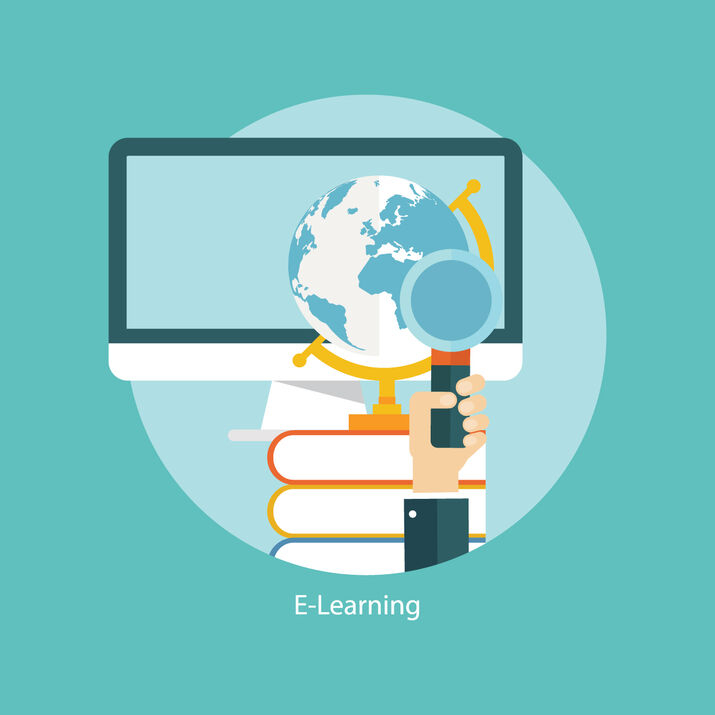How Global Impact of Online Learning Affecting Developing Countries?
Education has long been recognized as a powerful tool for improving lives and communities. However, access to quality education remains a challenge in many developing countries due to issues such as inadequate infrastructure, financial constraints, and geographic barriers. In recent years, online learning has emerged as a transformative solution, breaking down these barriers and offering new opportunities for millions. Here’s how online learning is creating a profound global impact in developing nations.

1. Bridging the Gap in Education Access
For many individuals in rural or underdeveloped areas, attending a physical school or university is often impossible. Online learning platforms have revolutionized education by bringing courses directly to students, wherever they may be. Armed with just a smartphone and an internet connection, learners can now access a wealth of educational resources, from basic literacy programs to advanced degree courses.
Organizations and platforms offering affordable or free online education, such as ReSkills, are playing a pivotal role in making quality education accessible. With subscription models as low as $1 per month, these platforms remove the financial barriers that have traditionally limited educational opportunities.
2. Empowering Lifelong Learners
In developing countries, education often ends after primary or secondary school due to economic pressures. Online learning provides a second chance for individuals to upskill or reskill themselves at their own pace. For example, an adult who couldn’t attend college can now learn coding, graphic design, or business management through online courses, boosting their employability and income potential.
3. Addressing the Teacher Shortage
One of the most pressing challenges in developing countries is the lack of qualified teachers. Online learning platforms address this issue by providing students with access to experienced instructors and structured curricula. Virtual classrooms and recorded lectures ensure that even the most remote learners can benefit from world-class education.
4. Encouraging Female Participation in Education
Cultural and societal norms often restrict women’s access to education in certain regions. Online learning offers a safe and flexible alternative for women and girls to pursue their studies. They can learn from the comfort of their homes without facing societal pressures or risks associated with traveling long distances to schools.
5. Supporting Workforce Development
Developing countries often face skill gaps that hinder economic growth. Online learning platforms are bridging these gaps by providing targeted training in sectors like IT, healthcare, and entrepreneurship. Governments and NGOs frequently collaborate with online platforms to offer programs aligned with local market needs, ensuring that learners acquire skills that directly contribute to economic development.
6. Promoting Digital Inclusion
Online learning fosters digital literacy by encouraging students to use technology as part of their education. This not only helps them learn academic subjects but also equips them with essential tech skills, preparing them for modern workplaces. As more people become digitally literate, communities experience broader socio-economic benefits.
7. Overcoming Language Barriers
Many online learning platforms offer multilingual courses, allowing students to learn in their native languages. This inclusivity enables more people to understand and engage with the content, creating a more equitable learning environment.

The Road Ahead
While online learning has already achieved remarkable progress, challenges such as internet accessibility, affordability of devices, and awareness remain. Governments, private sectors, and non-profits must continue to collaborate to address these issues and scale online education initiatives.
Online learning has the potential to democratize education on a global scale, empowering individuals and communities to break free from cycles of poverty and inequality. By investing in online education, we can unlock a brighter future for millions in developing countries.



